Why Anthropology?
What is anthropology and why should I study it?

Anthropology examines the complex nature of human biology, behavior, culture, social organization, language, and the relationships between humans and their environments. By studying anthropology, students gain new perspectives on humanity as well as biological and cultural diversity past and present.
Anthropology is divided into four sub-fields:
While each of these fields are distinct, they all involve applying theories, using research methodologies, formulating hypotheses and developing sets of data.
What can you do with a degree in anthropology?
Anthropology majors develop cross-cultural knowledge, critical thinking, and research skills that prepare them for a broad range of career options. Our program is also closely aligned with Alaska’s needs in workforce development. Many of our graduates go directly into the workforce, while others continue on to graduate programs.
UAF Anthropology graduates have transitioned directly into the workforce at Cultural Resource Management (CRM) companies, State and Federal Agencies, as well as nonprofit organizations and in public education, all with only a BA. Students who go on for further study often pursue careers in CRM, museums, academia, as consultants and research scientists for public and private organizations (like the National Park Service and Bureau of Land Management) as well as in the public-health field and even with the US State Department.
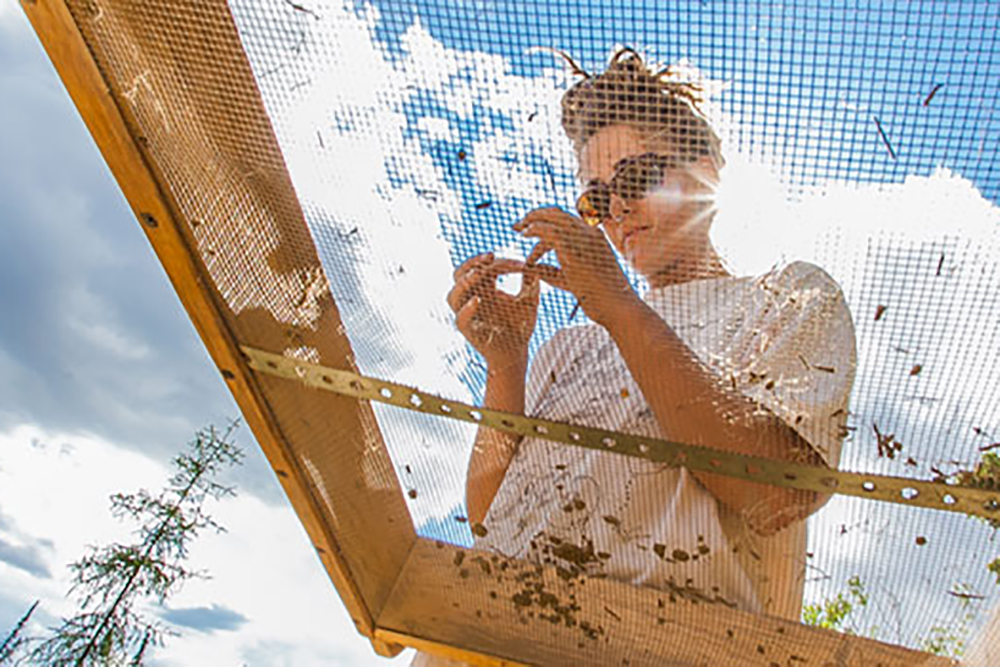
Some careers anthropology majors go on to pursue are...
... and more!
Anthropology at the University of Alaska Fairbanks
The UAF anthropology department offers small class sizes and a high faculty to student ratio. We are uniquely positioned to interact with the peoples and cultures of the global north while still engaging with globally situated field research. We are one of only a few truly four-field anthropology programs in the world. As such our diverse faculty are able to offer a wide variety of courses that demonstrate this strength. Students pursuing a degree in Anthropology from UAF will receive a truly holistic education that will help them to succeed in their future careers.
Degrees Offered:

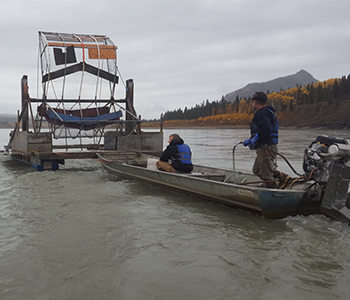
About Us
The UAF Department of Anthropology was founded in 1935 as part of the College of Arts and Sciences at the University of Alaska. The first chair was Froehlich Rainey (1935-1942) and other notable chairs included Ivar Skarland (1942-1948, 1949-1965), J. Louis Giddings, Jr. (1948-1949) and Erna Gunther (1966-1970). Other early professors included Helge Larsen, James VanStone, Frederick Hadleigh West, Ernest Burch, Jr., Hans-Georg Bandi, Edward Hosley, William Loyens, Arthur Hippler, W. Roger Powers, G. Richard Scott, Lydia Black, Anne Shinkwin, Richard Jordan, and John Cook.
Read On
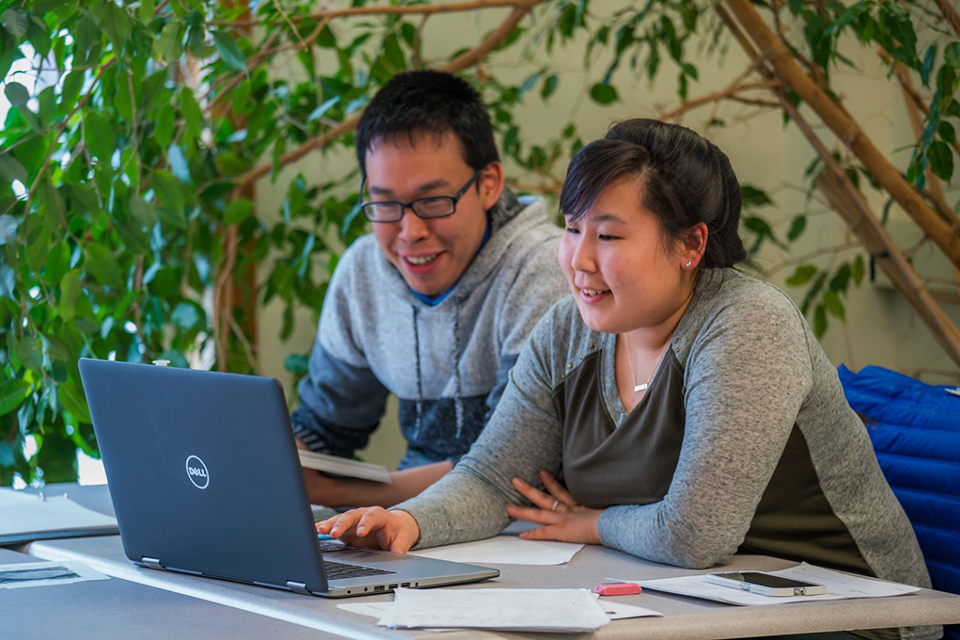
The bachelor’s in anthropology is a highly interdisciplinary program that comprises cultural, archaeological, biological and linguistic studies. The bachelor’s degree program aims to give students a solid introduction to the discipline, with the opportunity to concentrate study in one or more of the four sub-fields, and to gain research experience and training in the field and in the laboratory.
Students can take all the required classes for the BA asynchronously online. The majority of electives can be taken synchronously online (via Zoom). The exceptions include some upper-level classes in archaeology and biological anthropology, although these courses are not required to earn a BA.
How can I get involved?
The anthropology society is run by and for students interested in anthropology. Meetings provide a space for members to discuss anthropology, practice their public speaking skills, and organize activities. The society has hosted a radio show, “Speaking of Anthropology” and organized departmental and community events.
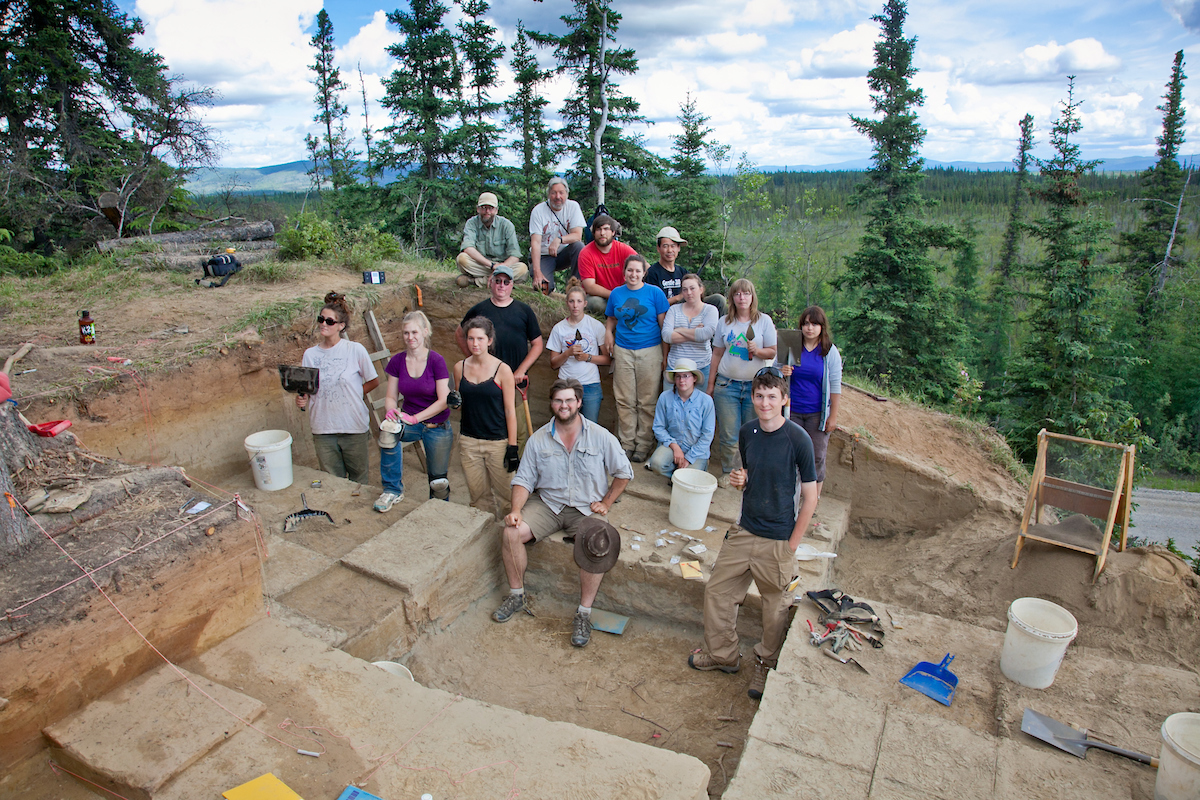
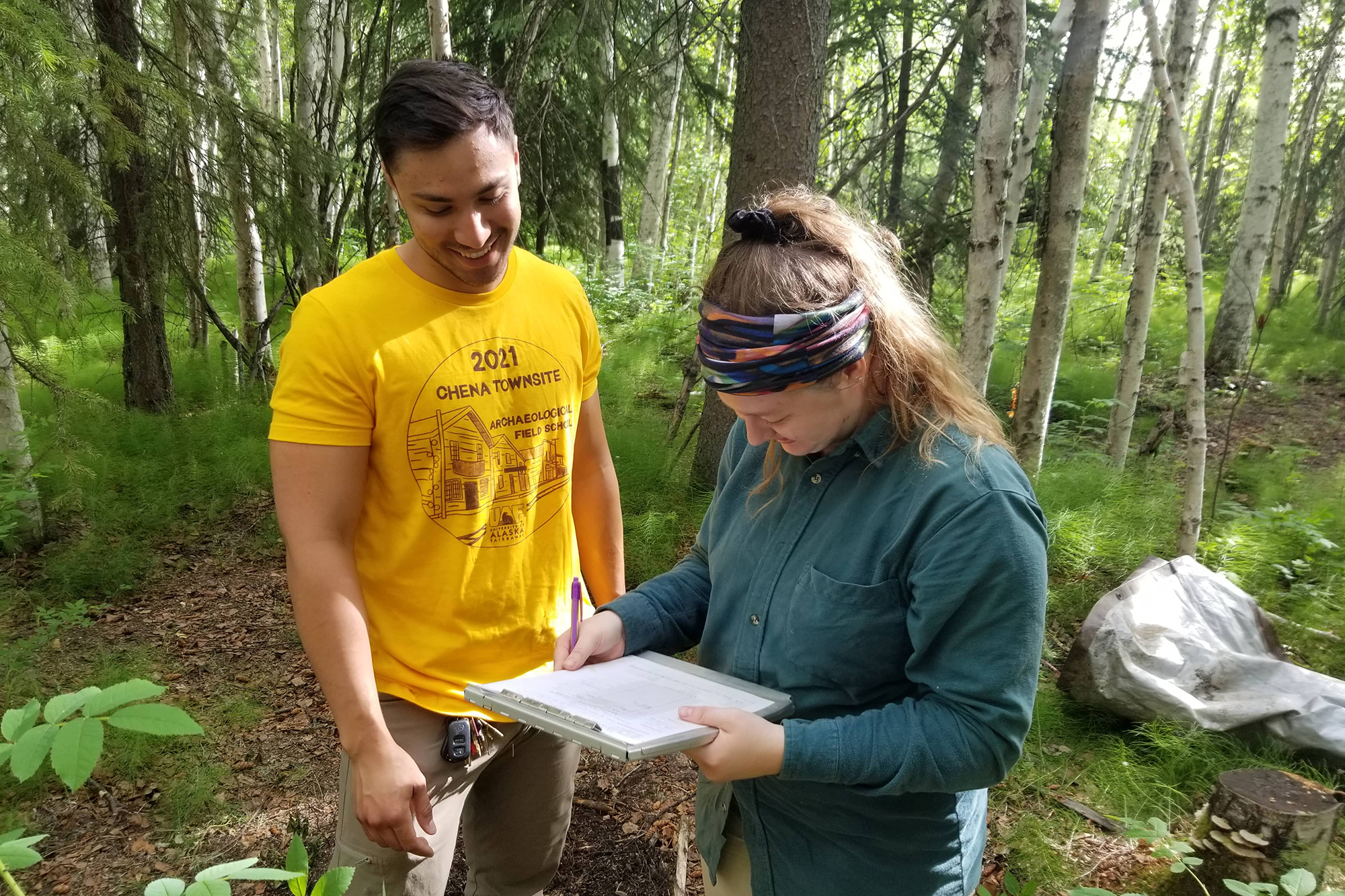
Internship & Employment Opportunities for Anthropology Students
The anthropology department has a paid internship program with the Department of Fish and Game. At least one undergraduate is able to pursue this each year. The Archaeology Department and Ethnology & History Department at the University of Alaska Museum of the North have student jobs readily available for archaeology and anthropology students.
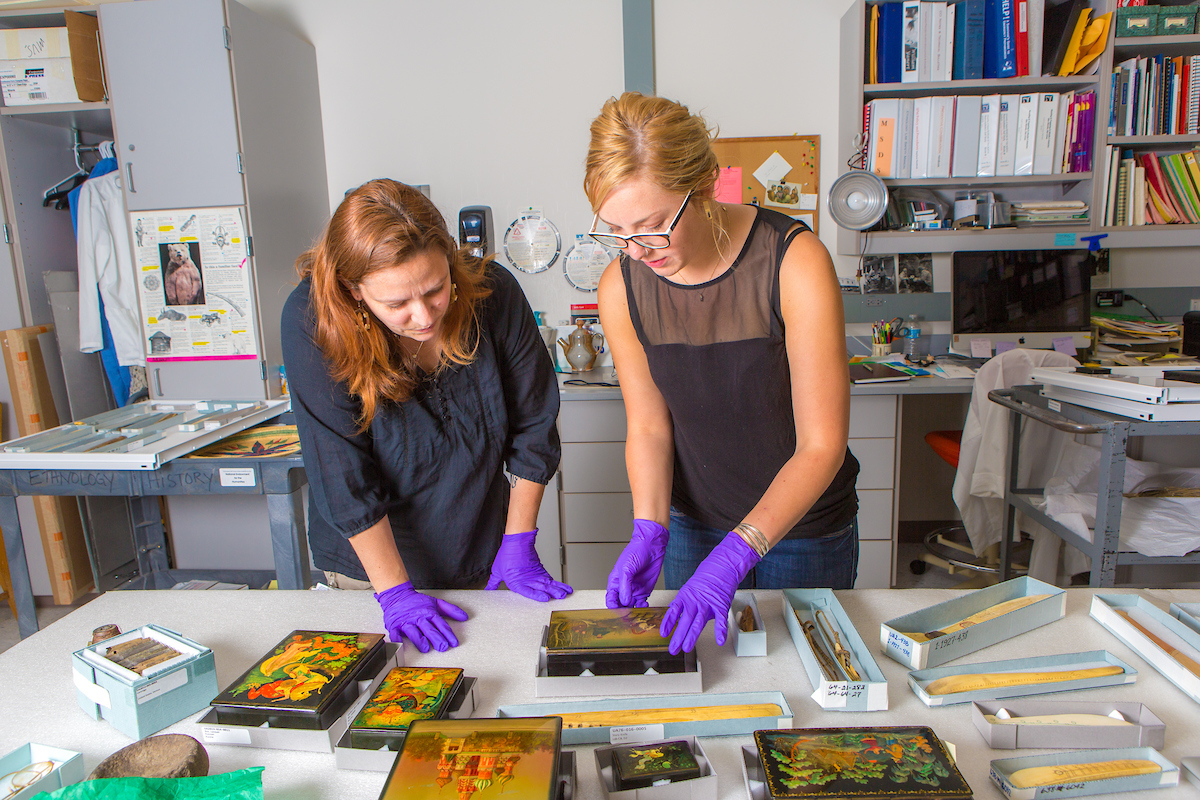
Teaching Assistantships
We offer roughly 10 to 15 Graduate Teaching Assistantships per year for a one-year term on a competitive basis with students ranked by multiple variables (GPA, timely progress toward degree, previous TA performance).
Learn More About TAships
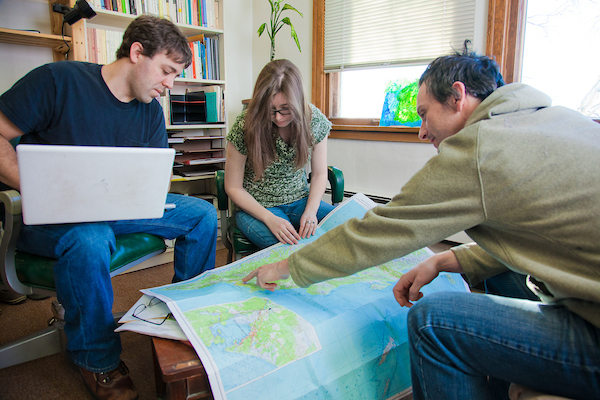
Our faculty are internationally recognized researchers who often bring in large external funding opportunities for undergraduates to participate in cutting-edge research in anthropology. They are also caring and dedicated teachers who will give you their time and help you succeed.
Many of our faculty are engaged in public service and outreach through radio program performances and exhibits across Alaska, including the Museum of the North.

